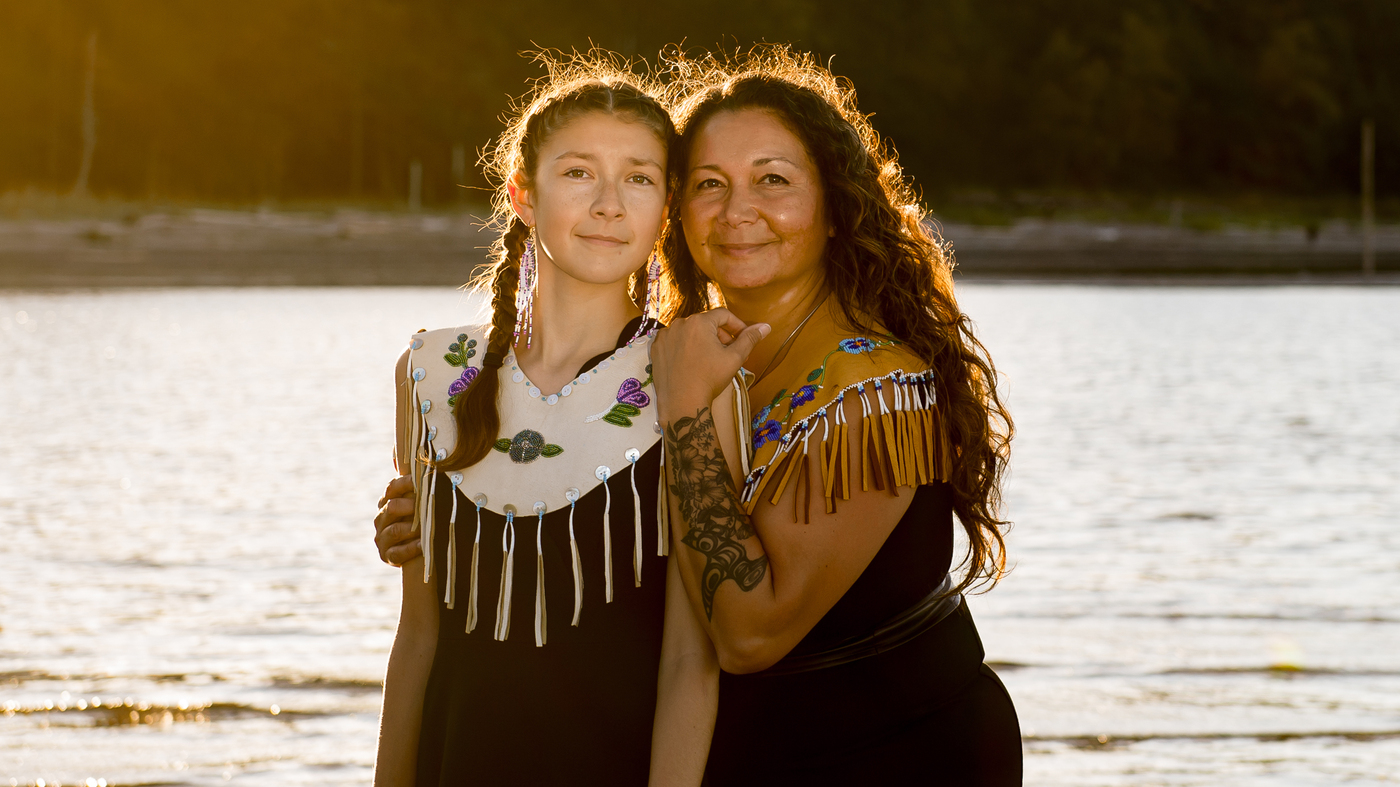She Struggled To Reclaim Her Indigenous Name. She Hopes Others Have It Easier
A new Canadian policy answers a 2015 call for government action. Danita Bilozaze hopes it means that no one will face the resistance she did to rescue her name from a history of forced assimilation.
For as long as she can remember, Danita Bilozaze knew that the name on her birth certificate, "Danita Loth," didn't reflect her Indigenous identity.
From the stories her mother recounted to her, she knew that Catholic missionaries had changed her family's name. Her great-grandfather, a man known as Lor Bilozaze, was written into priests' logs as "Loth Bilozaze." Government record books in Canada ultimately dropped the "Bilozaze," and Loth became their surname.
She never felt a connection with that name. But "Bilozaze," which means "the makers" in her native Denesuline language, she said, is integral to the preservation of her identity and culture as a member of the Cold Lake First Nations.
"It means everything to me because it lines up with who I am," she said. "I am an educator, I am a teacher, I am a baker, I'm an artist. I'm always, always, forever making things. So when you have something that was taken away from your family, like your birthright or your name and you have a chance to make that right for future generations, it means everything to take back what is rightfully mine."
A step toward reconciliation
Earlier this month, federal officials in Canada announced a new policy process that allows Indigenous citizens to restore their names on government-issued identification, including passports, for free until May 2026.
It's unclear how many Canadians, 5% of whom are Indigenous, will pursue name reclamation under the new policy.
PLEASE READ: She Struggled To Reclaim Her Indigenous Name. She Hopes Others Have It Easier









No comments:
Post a Comment
Please leave a comment.